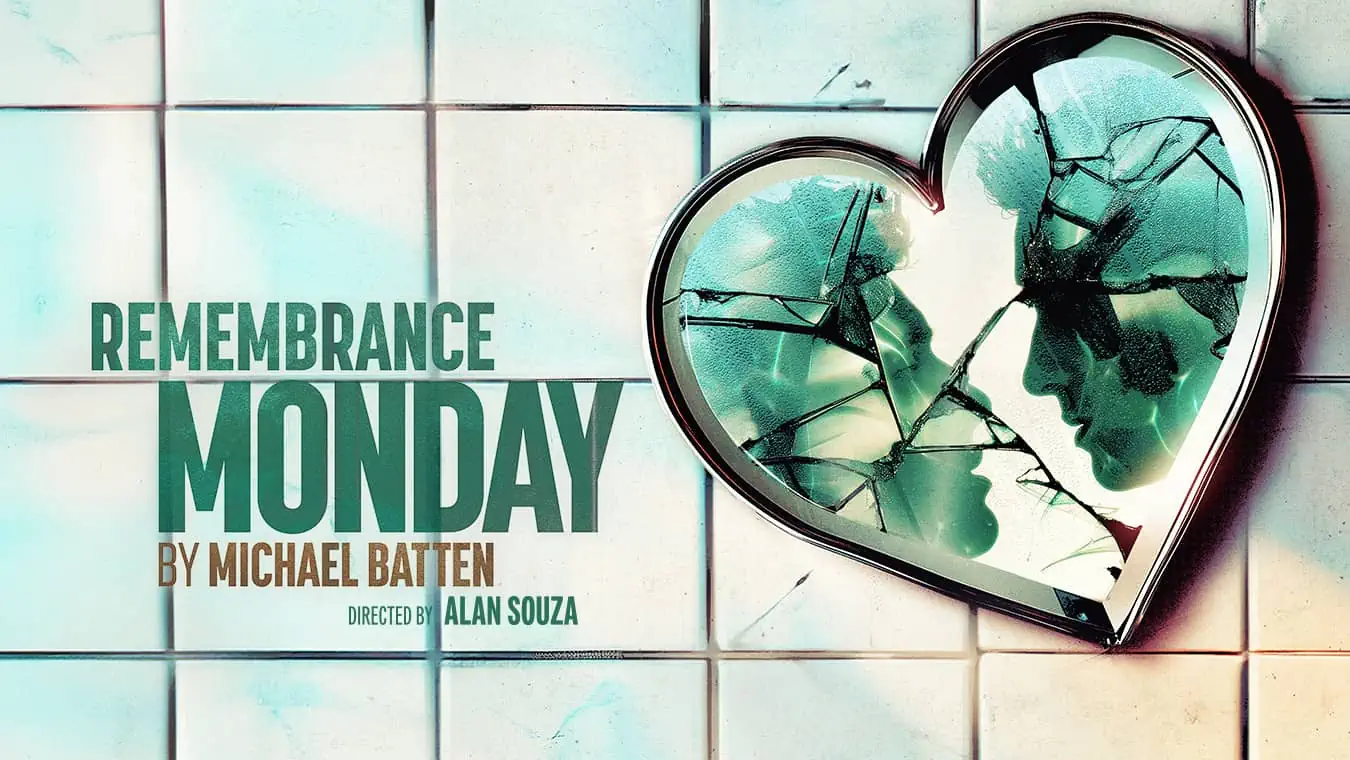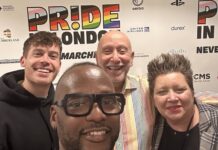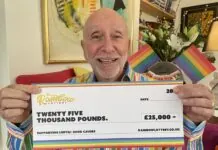I led a double life in the late 1970s and early 1980s. I was coming to terms with being gay but at the same time I had girlfriends – and had not had a gay experience as yet. I grew up in a privileged world that, I think, allowed me to be ambiguous in my nature. My late teens and early 20s coincided with a time of tumultuous change – both uplifting and devastating.
By Stuart Honey
I realise I was fortunate in the way I navigated through those years. That is not how I felt then. I was careful to be discreet. As I got older I dreaded the increasing number of invitations to my friends’ weddings and the inevitable ‘when is it your turn, Stuart?’ questions. I had a girlfriend, but it was long distance, and so that meant I was able to have a growing number of flings with boys, closer to home, until the inevitable choice… Then the break-up happened.
Generally, I was happy and optimistic, not least because of the opportunity to do my gay ‘growing up’ in New York from 1986 to 1993. Optimism was tempered by the reality of the AIDS epidemic and having grown up in a country where casual, almost institutionalized, homophobia was a daily occurrence; where Larry Grayson’s weekly appearance on BBC TV’s ‘The Generation Game’ was the ‘acceptable’ image of the limp-wristed homosexual.
There was a constant drip-drip of messages in society that gay is not normal, and although not illegal, was definitely not to be accepted. This did prey at the back of my mind. There must be something wrong with me, because society was telling me so. I didn’t want to ‘come out’ because I didn’t want to be bullied, ostracised or worse.
It was as if gay shame was an anchor forever stopping me from being truly the exuberant, open person I knew I was, and wanted to share with others. However, New York was the gay making of me. It was not just that it is the city it is, but I think it was the act of moving away from home that allowed me to experiment and gradually evolve into the person I wanted to be with the help of friends, gay and straight, around me.
Times were changing. I was part of Generation X, the post baby boomers; more heterogenous, accepting and embracing of social diversity.
I sexually matured just as AIDS swept through the generation above me. My age group, by no means immune, had some warning about the ‘Gay Plague’. We were more likely to be too afraid to have much sex, and have monogamous relationships.
I was 25 and my first proper boyfriend was 20. We had an East Village apartment and were together for four years. We hung out with older friends who dubbed us, I now realise wistfully, ‘the couple of the 80s’. I am glad to say, he and I still keep in touch through Facebook.
As I got older I became more ‘gay self-confident’. As happens, we grew up and grew apart. We broke up. Fortunately my life, since, has been marked by other important relationships and friendships. They have helped me to define who I am, as a gay man, allowing me to come to terms with that gay shame anchor and ease the dragging effect.
“It was as if gay shame was an anchor forever stopping me from being truly the exuberant, open person I knew I was.”
Fast-forward to now: I have striven to have a combination of good jobs, cool apartments and gorgeous boyfriends. Is this to help overcome any gay shame? As Armistead Maupin says in ‘The Tales of the City’ you can have a combination of two out of three at any one time, but never all of them at the same time. Well, perhaps.
Should this be all we seek to attain? There are still some of us older types hanging out having a stimulating gay social life, mixing with all kinds and ages. Shame is self-generated. We have won many battles for gay acceptance and should work to accept ourselves for who we are. I have felt different kinds of gay shame at various times.
All of us have complex personal stories that explain our circumstances and how we got here. Should we still be having a ‘good time’ at age 53 – shouldn’t we settle down and not party so hard? Oh the shame of it, come Monday morning when we have to get back to work. It is the people around me who are helping me to realise it is ok to be who I am, working to cut that anchor.











